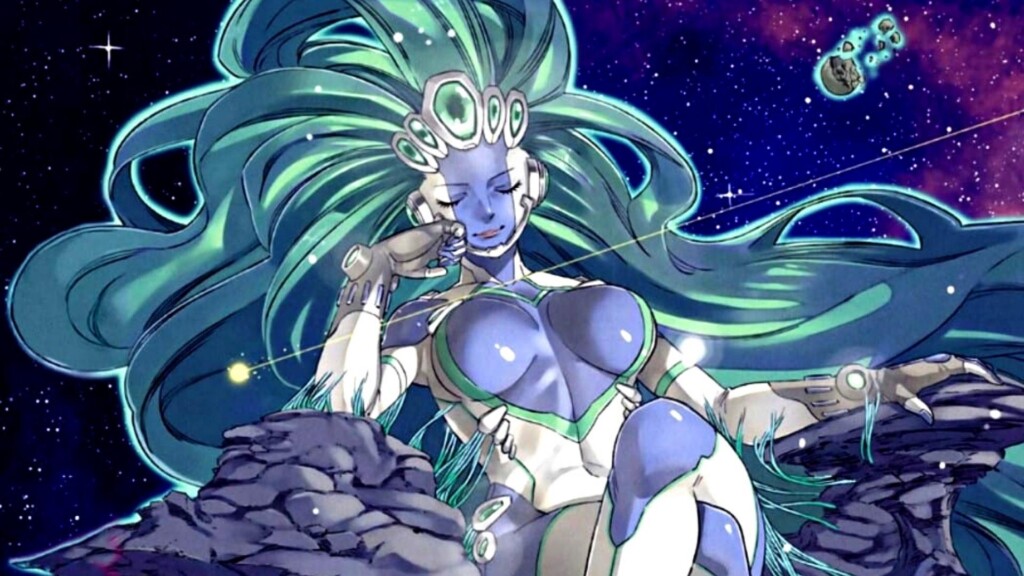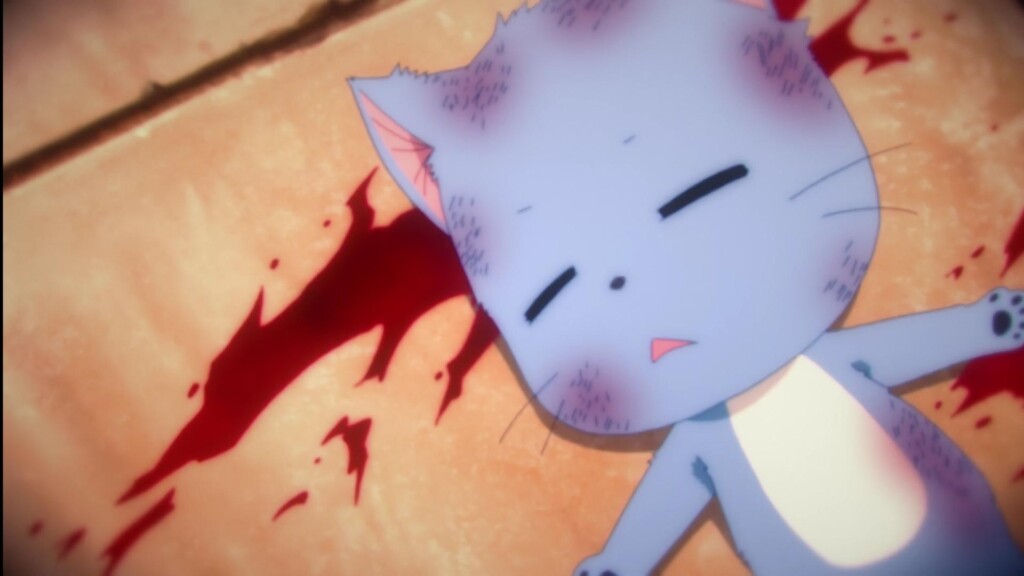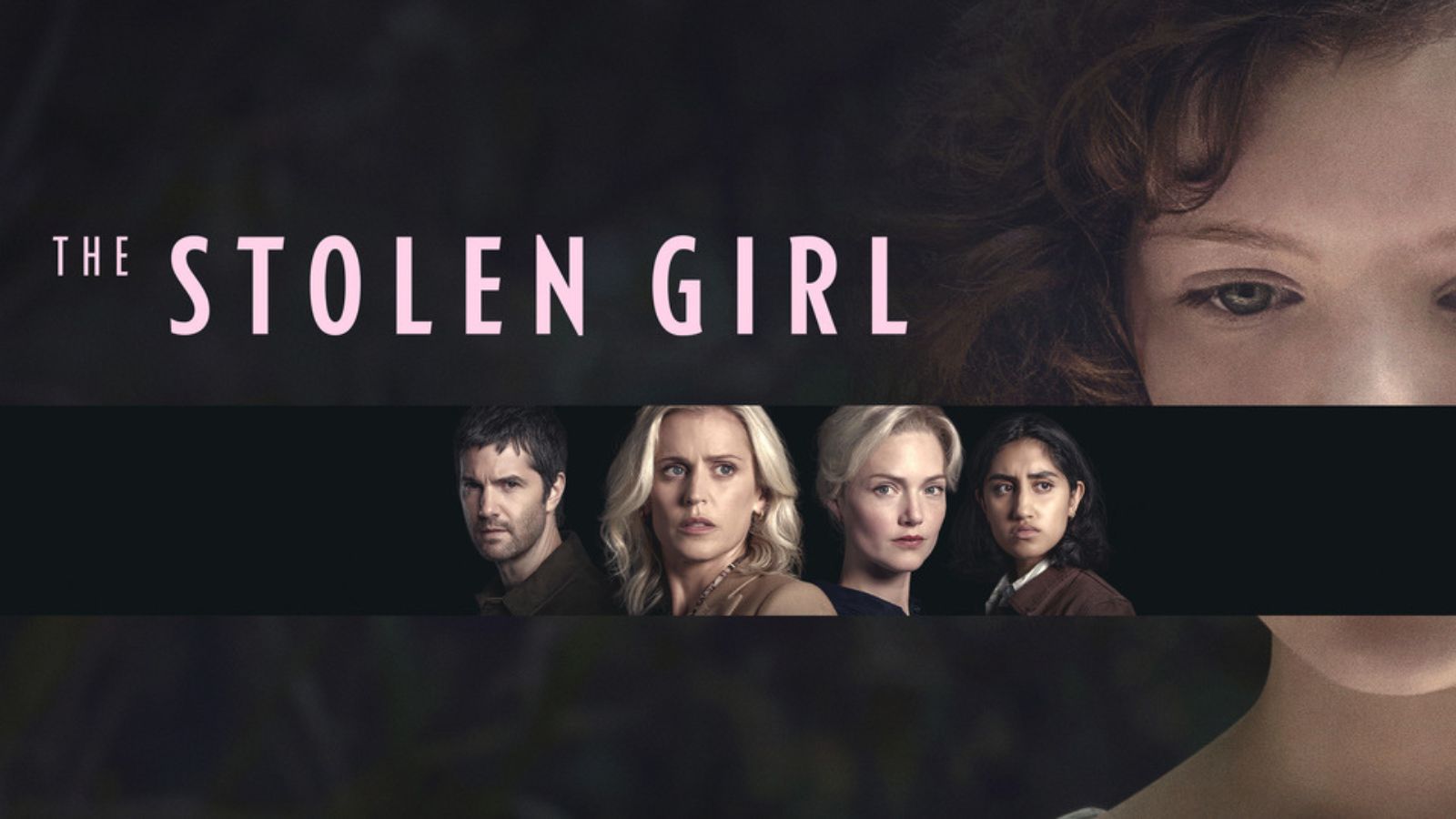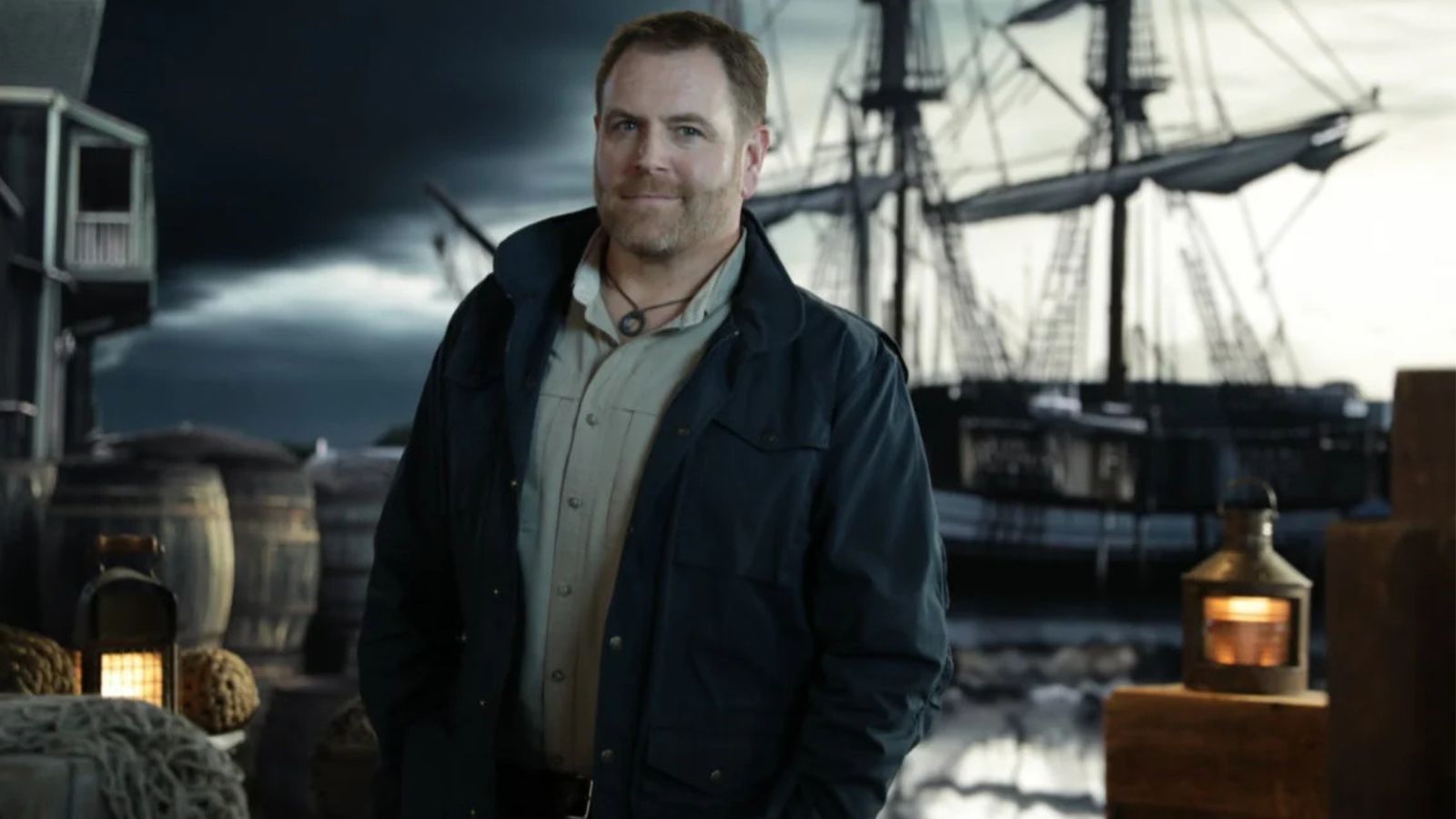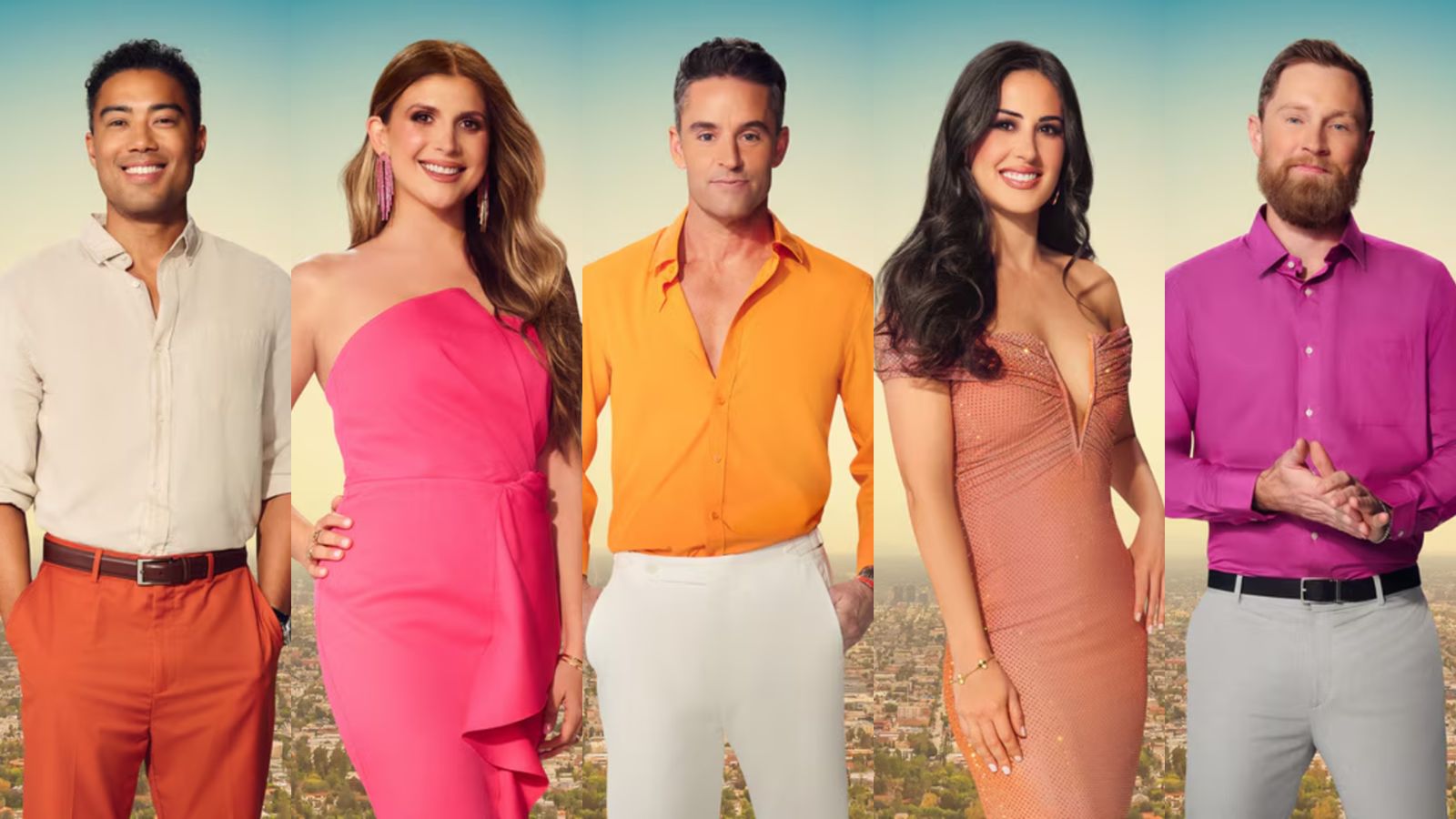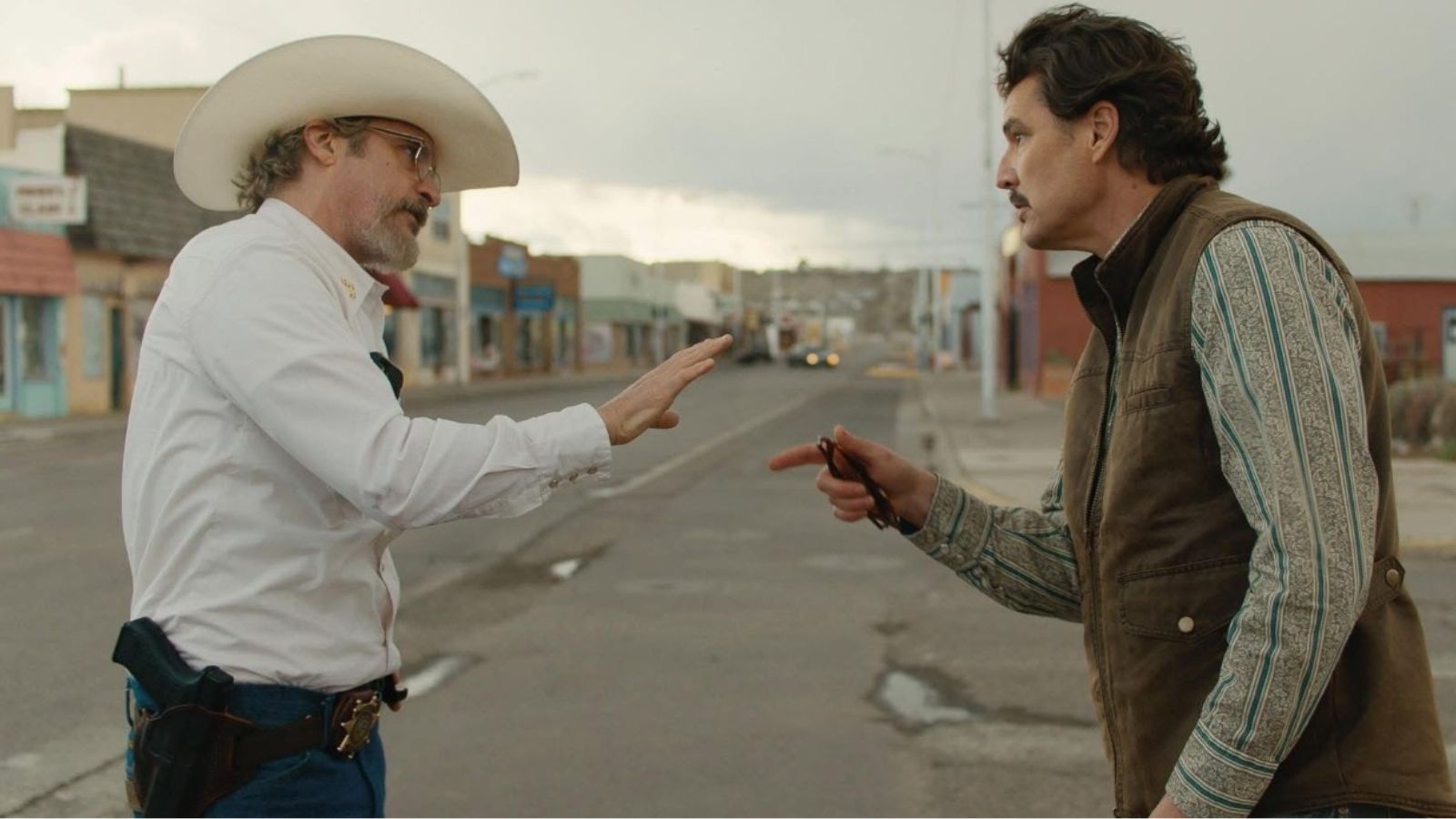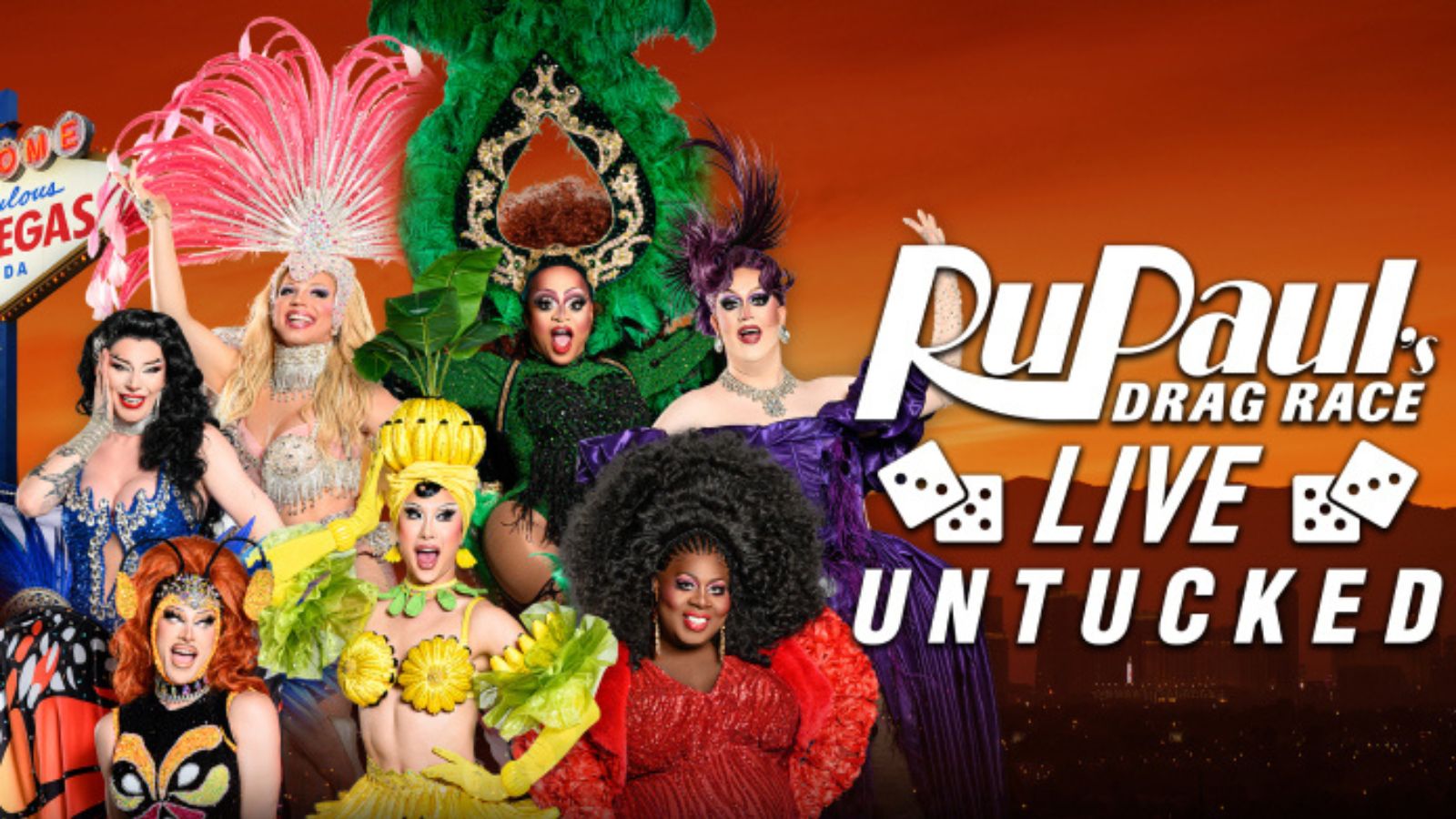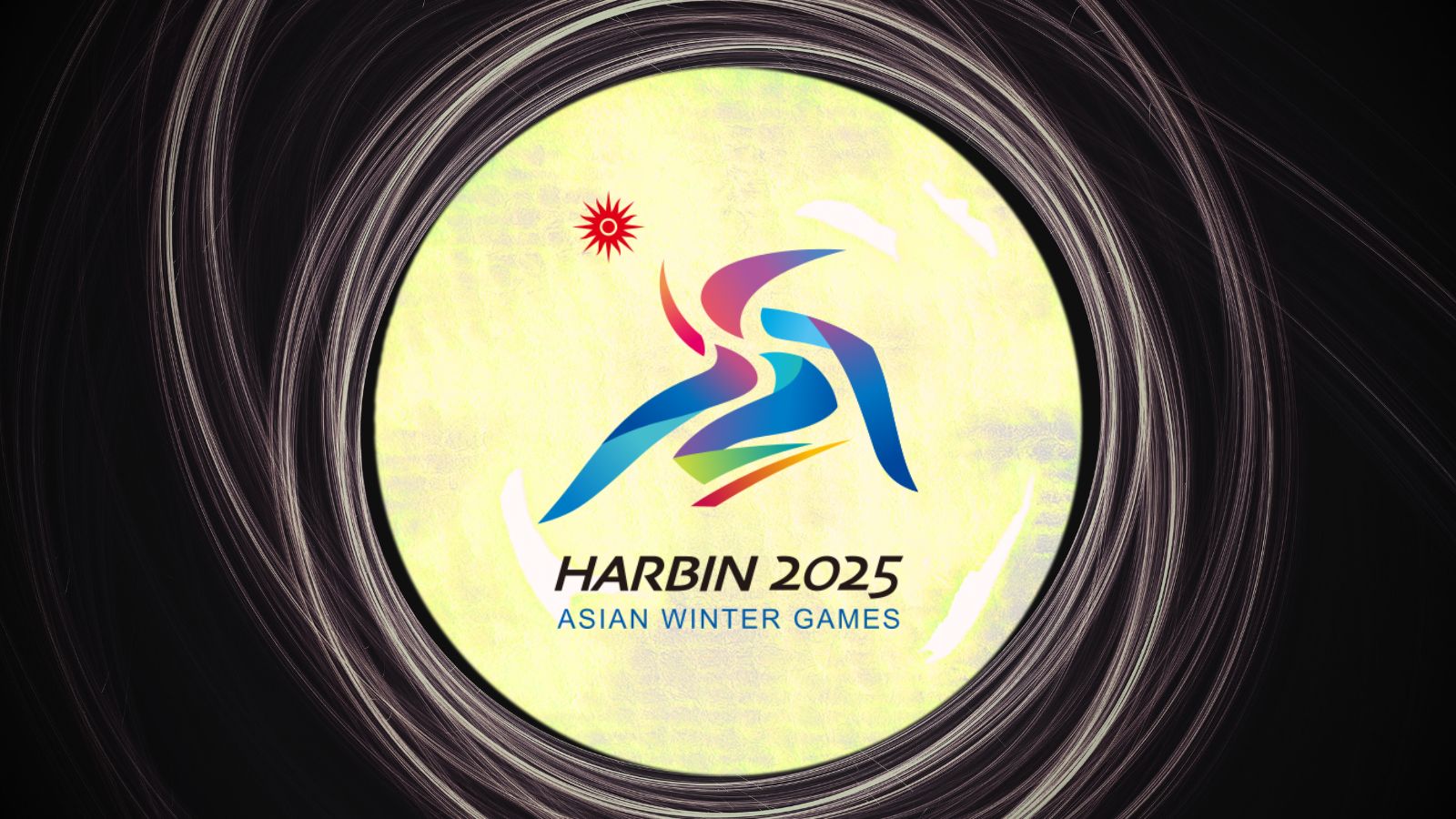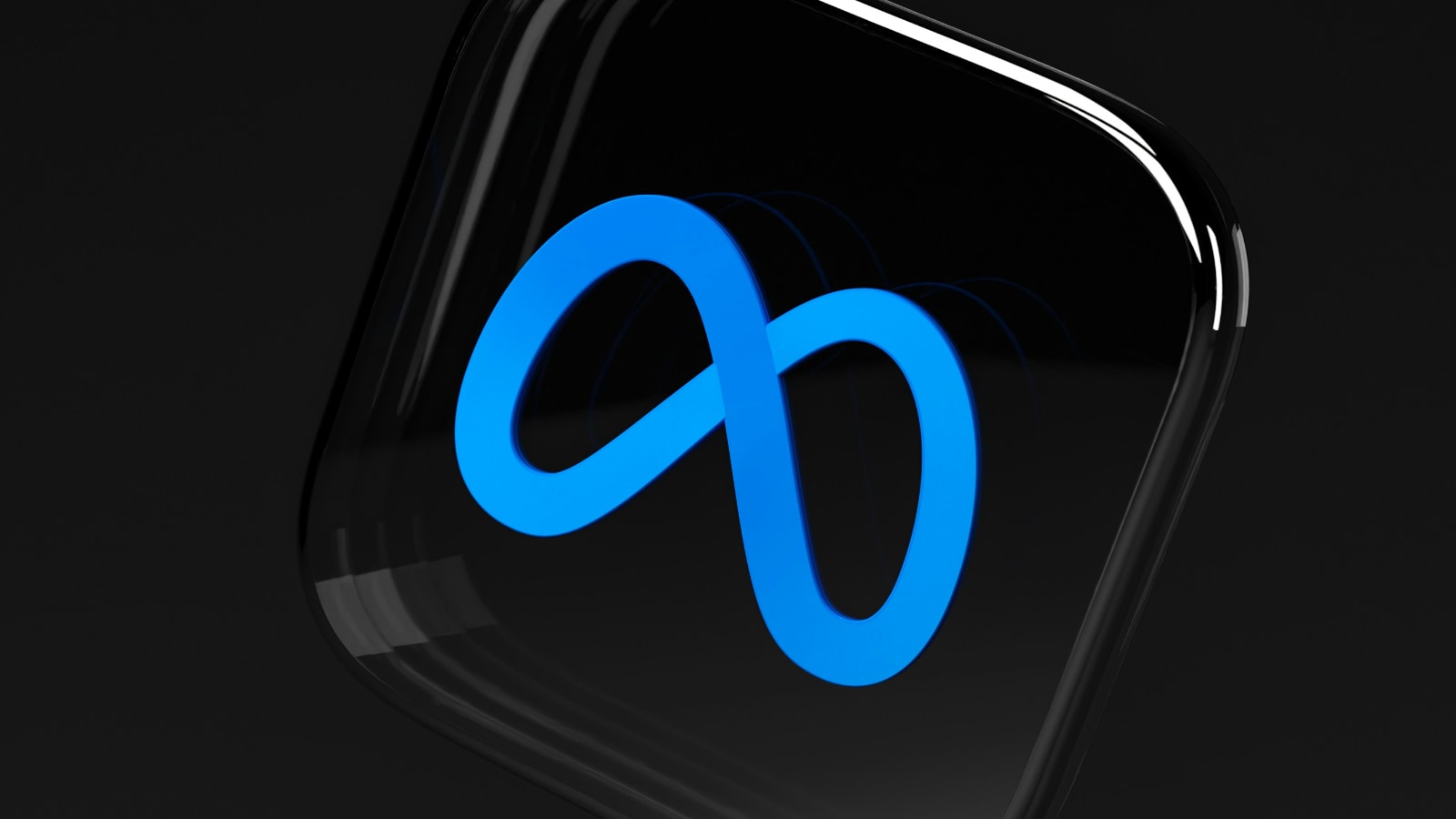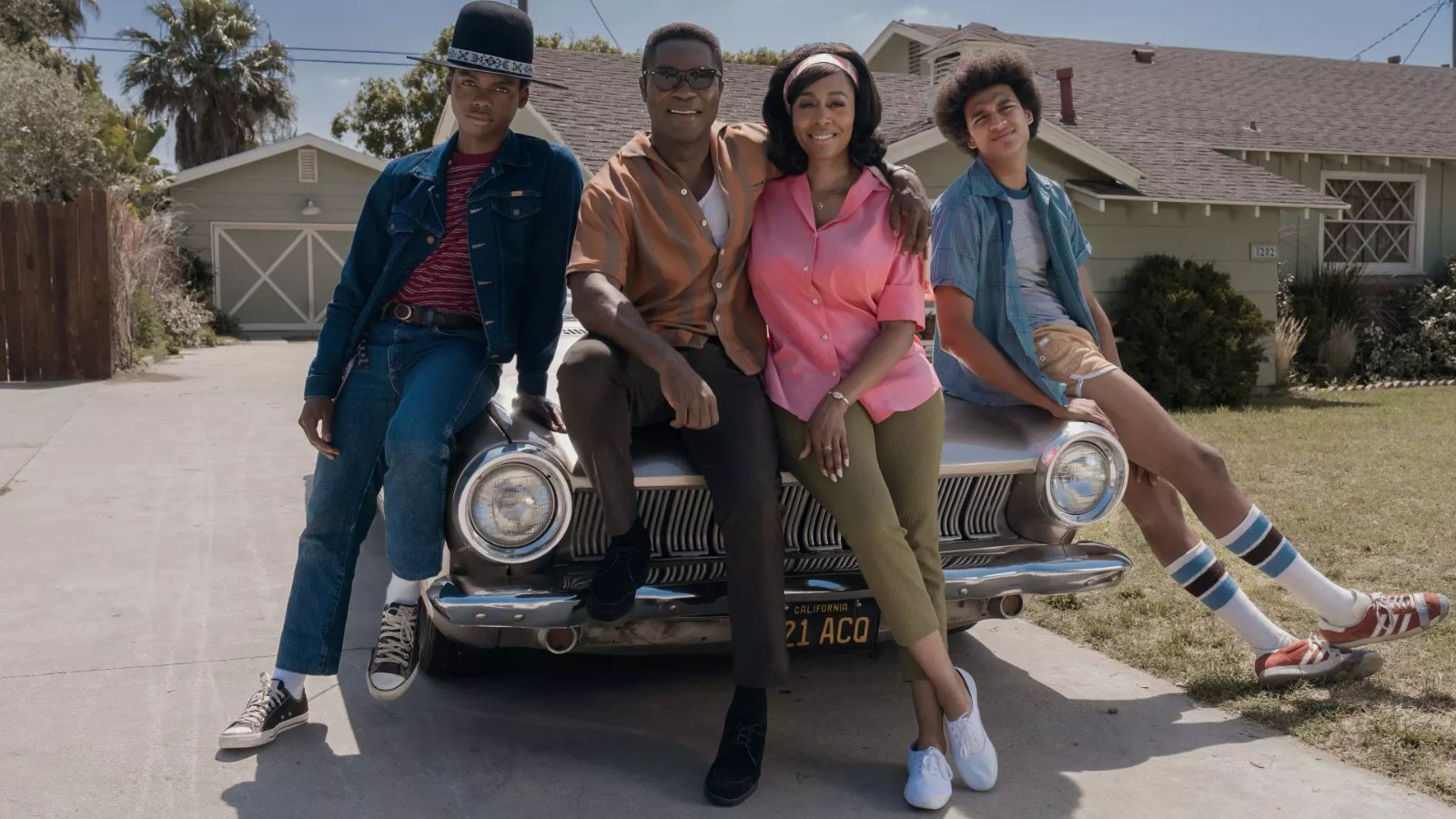
Is Eden’s Zero Better Than Fairy Tail? Are They Similar?
About a year after Fairy Tail's end, mangaka Hiro Mashima made a comeback with Eden's Zero, a battle shounen series that was (in every conceivable sense) a Fairy Tail remake — the only difference being that the latter was set in space.
While most readers had already braced themselves for similarities between the two, given that they belonged to the same author, they weren't expecting something so blatant.
Mashima seemed to have recycled almost all of FT for Eden's Zero, right down to the character designs and names. For most readers, EZ's central trio was a cut-and-paste job of Fairy Tail's protagonists — Shiki was just Natsu with black hair, Rebecca was just Lucy as a vlogger, and Happy didn't even get a new name!
And yet, you can't help but wonder: just how much of Fairy Tail was reused for EZ, and how does either series stack up against the other? Is Eden's Zero really better than all of its predecessors, or does it fall behind?
Though it's still a bit early to compare the two, Eden's Zero is significantly better than Fairy Tail was at its early stages. Mashima has managed to retain all of Fairy Tail's best parts in Eden's Zero and none of the flaws. The characters are better fleshed out, the world-building is excellent, and the overall theme is much mature than FT's was.
It shouldn't be a surprise, though. The difference between EZ and FT is just a reflection of Mashima's growth as an author. A series written at this point in Mashima's career was bound to have improved drastically from the ones he wrote early on.
How Does Eden's Zero Compare to Fairy Tail?
Despite the copy-pasted characters, there's a lot that separates Eden's Zero from Fairy Tail. Apart from the obvious differences in their settings (one is a sword-and-dragons fantasy, and the other is an android vs. humans space opera), both series vary significantly in terms of narrative, world-building, and tones.
Plot Oriented Narrative
Compared to Fairy Tail, Eden's Zero seems to be more plot-oriented and focused right now. This also directly translates to better character development — Shiki, for example, had more growth in the first few arcs than Natsu had throughout the duration of 545 chapters.
And it's not just Shiki; almost every other character in EZ has layers to them, giving them a three-dimensional feel. Mashima made it a point to introduce the audience to every character's backstory, agenda, goals and gave them enough spotlight to develop and grow in.
It may not seem like much, but attributing this kind of individualism to a number of characters is extremely difficult for most authors (which may be why it was evidently missing from Fairy Tail). Still, Mashima managed to pull it off in Eden's Zero.
Enhanced World Building
Another factor is the ridiculously well-done world-building. Eden's Zero may not be at One Piece's level, but for a show in its nascent stages, it's doing a fantastic job.
The fact that Mashima decided to go with one of the least popular settings in manga (space opera/sci-fi instead of his preferred medieval fantasy setting) and built such a detailed universe around it deserves a lot more recognition than it's given.
In the manga, we've already been introduced to several amazing galactic bodies (like the OSI and GIA) that have proven to be both interesting and pivotal to the plot. Mashima also made it a point to show multiple sides to different political conflicts (like the various opinions on Shura's declaration to wipe out bots), further enriching this galactic system.
Fairy Tail, in contrast, had the Magic Council and the Fiore Kingdom — both of which were relatively less complex. They weren't terribly written, but they lacked the intricacies of EZ's worlds and were often reduced to tools to hype the villains.
Darker And More Mature Themes
Eden's Zero has centered around a tad-bit more mature characters and deals with slightly darker tones.
The main focus of the series is the divide between humans and robots, and it goes on to explore human cruelty, oppression, and prejudices, among other things. There's, of course, the classic Mashima 'power of friendship' trope, but it's presented in a comparatively more mature way than it was in FT.
Though this isn't to say that Eden's Zero lacks any sort of comedy, it wouldn't be a Hiro Mashima work without the exaggerated comic elements or the fan service. It's just that the series manages to balance its comedy and dark tones well, without overdoing either.
Comparatively, Fairy Tail was mainly focused on the laughs. Sure, it had its mature moments — there were deaths that made the audience bawl their eyes out. Still, this effect was almost immediately ruined when the character was brought back to life in the following few chapters. It might've been okay for the first time, but repeatedly getting back dead characters was more frustrating than relieving. It took away the sense of danger and lowered the stakes, leaving the show with a dull feeling.
In many ways, Eden's Zero is a significant improvement from both Fairy Tail and Rave Master, but this doesn't necessarily mean that either of those series was bad. Fairy Tail may have had its flaws, but it still holds a special place in a lot of people's hearts. Everything - from the characters to the stories - speaks of a certain comfort to the audience, and it's hard to forget that kind of attachment to any series.

